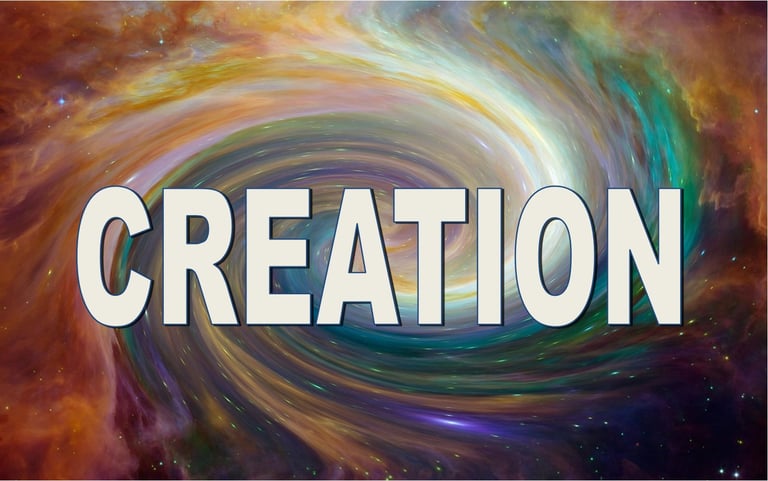Creation, a fundamental belief in Christianity, refers to the act by which God brought the universe into existence out of nothing. It encompasses not only the physical world but also the spiritual realms and all living beings within them. The concept of creation is central to understanding God's sovereignty, wisdom, and goodness, as well as humanity's role as stewards of God's creation. Christian theology teaches that creation reflects God's glory and reveals His attributes, inviting humanity to marvel at the intricacies and beauty of the natural world while also recognizing our responsibility to care for and preserve it.
Christian Resource Library (CRL) recognizes the profound significance of creation in shaping Christian worldview and theology. Through our curated links, CRL provides valuable insights and support for individuals seeking to deepen their understanding of creation and its implications for faith and stewardship.


Check out these links...
ARTICLES









Creation
Creation is the act by which God brought the universe and all its contents into existence out of nothing (ex nihilo). This foundational belief underscores the power, sovereignty, and creativity of God, who designed and orchestrated the complexities of the cosmos and life itself. Christians believe that Creation reveals God's nature and purposes, and that everything created by God was made good.
The biblical account of Creation is primarily found in Genesis 1-2. Genesis 1:1 starts with, "In the beginning, God created the heavens and the earth," setting the stage for the six days of Creation where God brings light, sky, land, seas, plants, animals, and finally humans into existence by His word. Each phase of Creation concludes with God observing that it is "good," emphasizing the inherent goodness and order of His work.
Another significant scripture, Colossians 1:16, expands on the role of Jesus Christ in Creation: "For in him all things were created: things in heaven and on earth, visible and invisible, whether thrones or powers or rulers or authorities; all things have been created through him and for him." This passage indicates that Christ was not only present but actively involved in Creation, and that all things were made with the purpose of bringing glory to Him.
Christian doctrine on Creation also serves as a basis for environmental ethics, stewardship of the earth, and the understanding of human responsibility. As creatures made in God's image (Genesis 1:27), humans are entrusted with the care and stewardship of the earth, tasked with reflecting God’s care and governance over His creation. Thus, the act of Creation has profound implications not only for theology but also for how Christians interact with the world and each other, emphasizing the interconnectedness and sanctity of all life.
